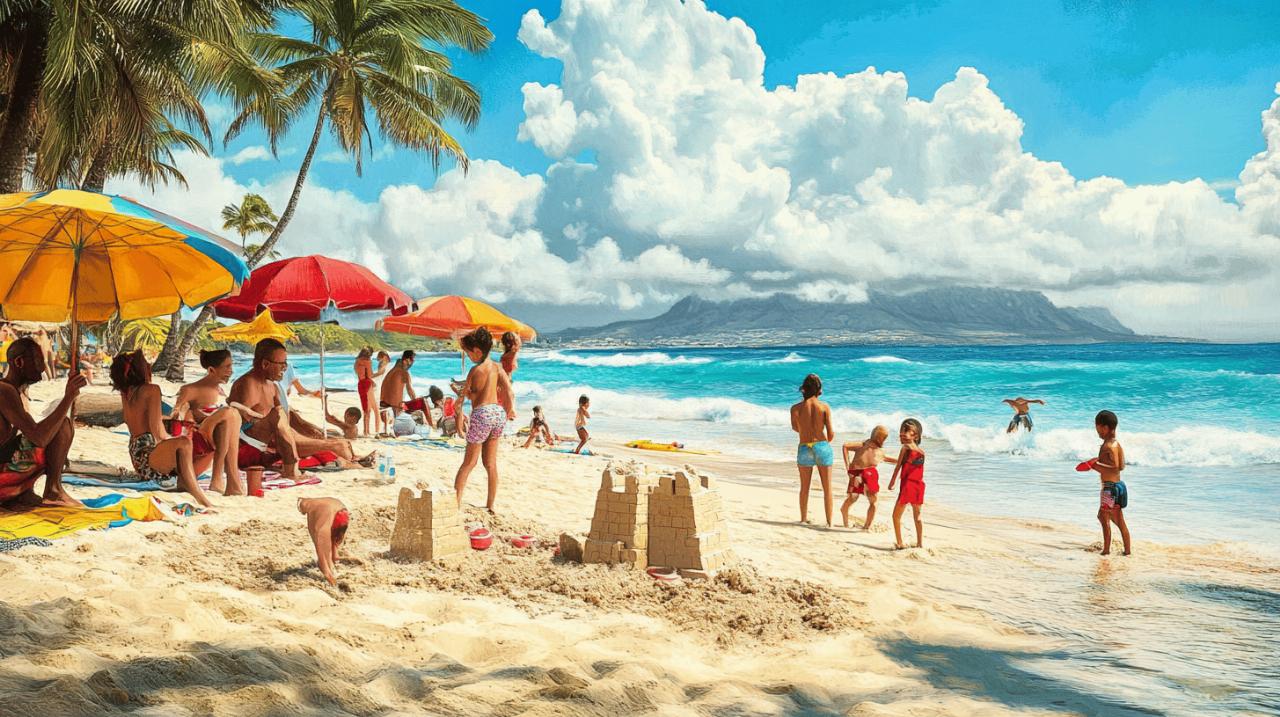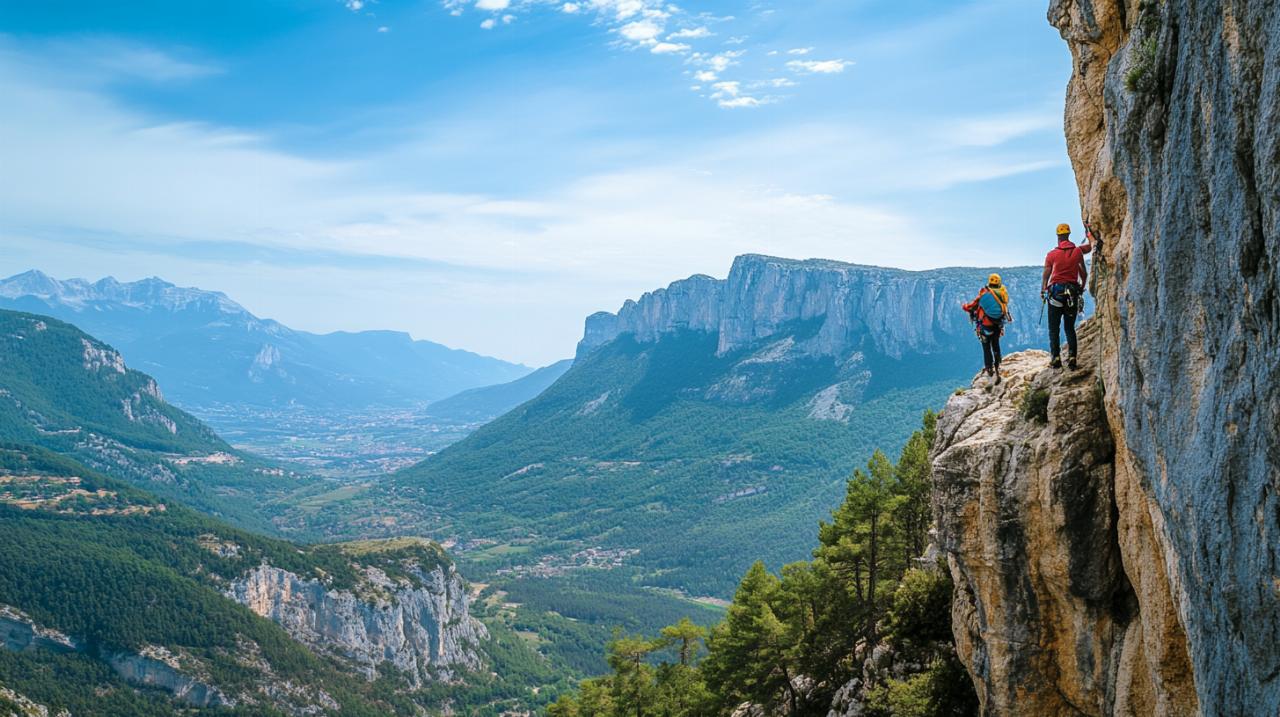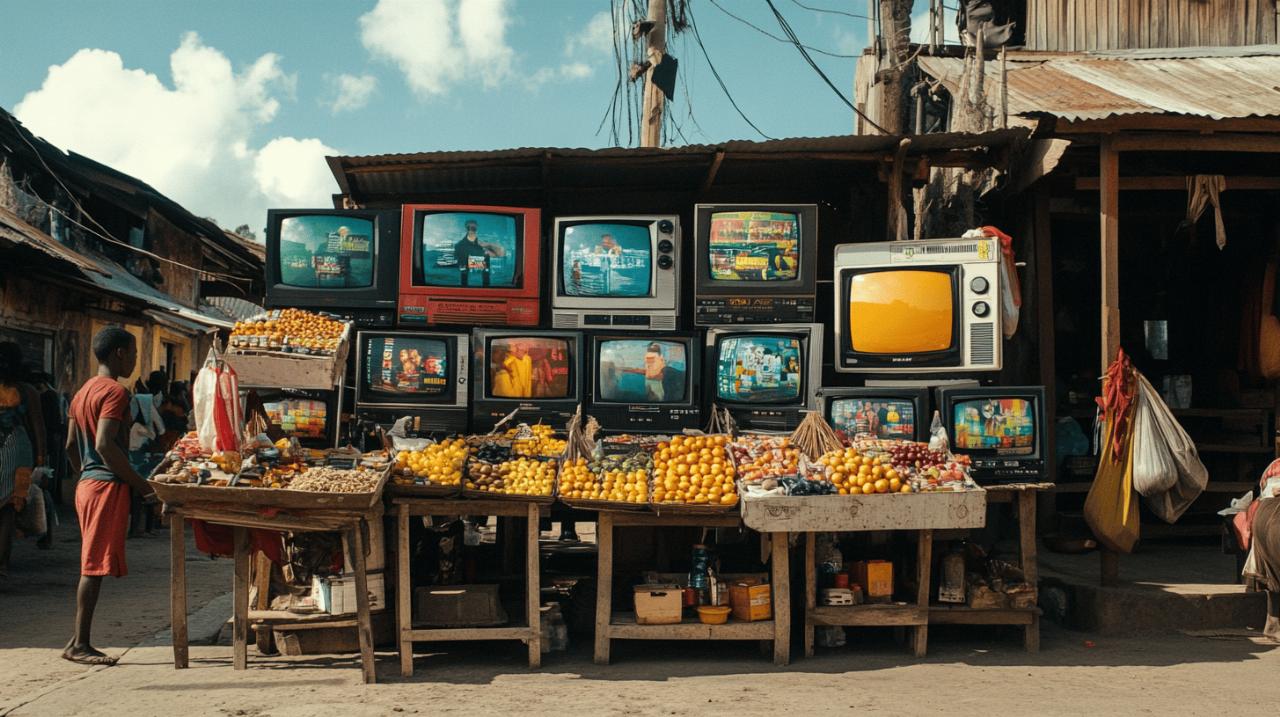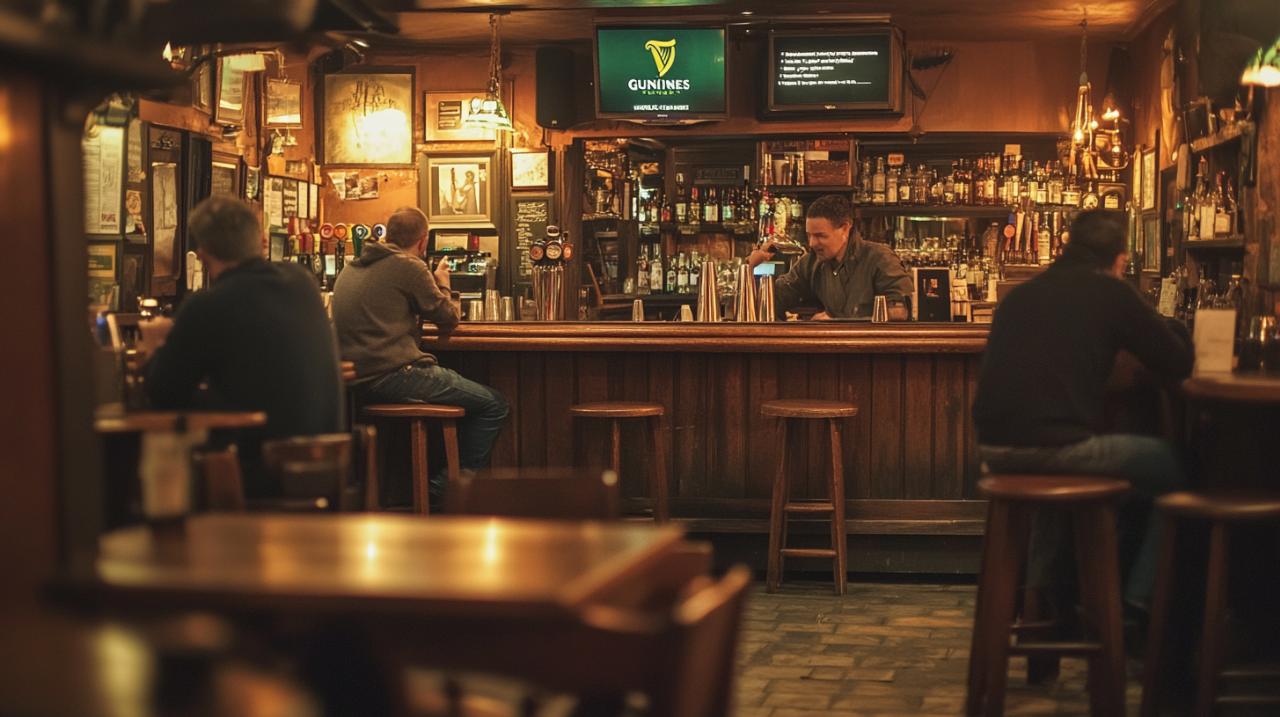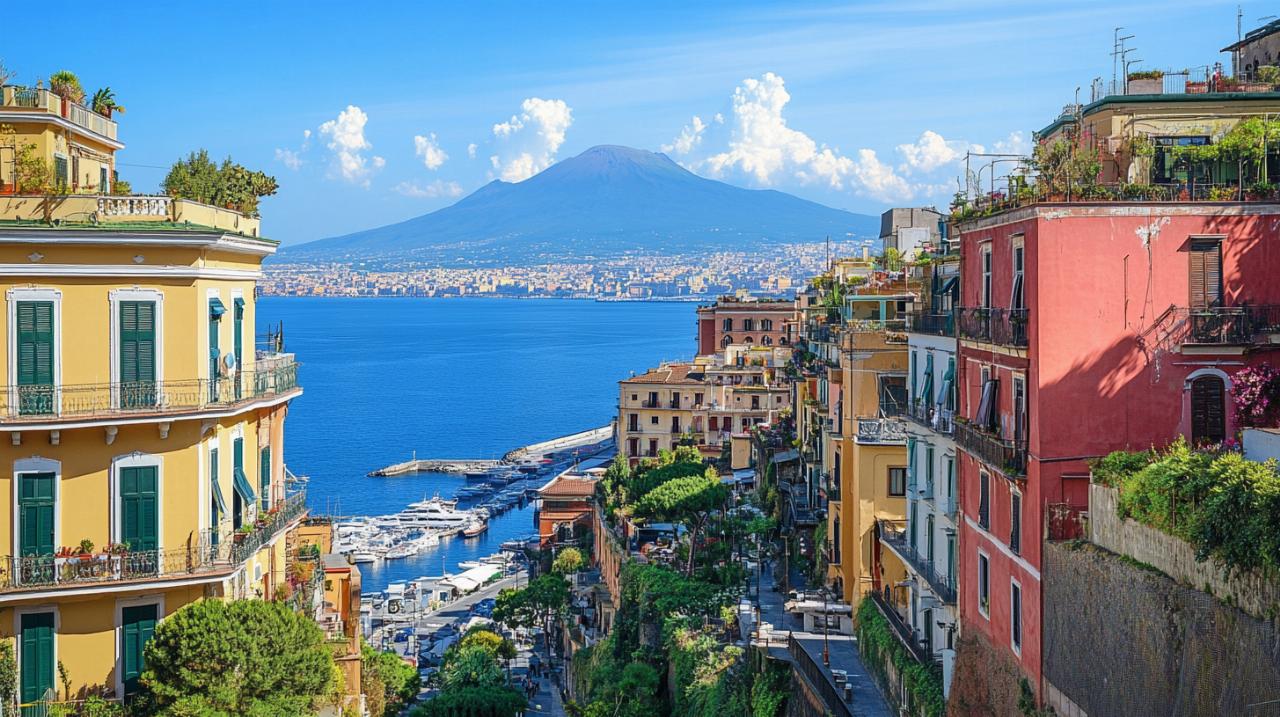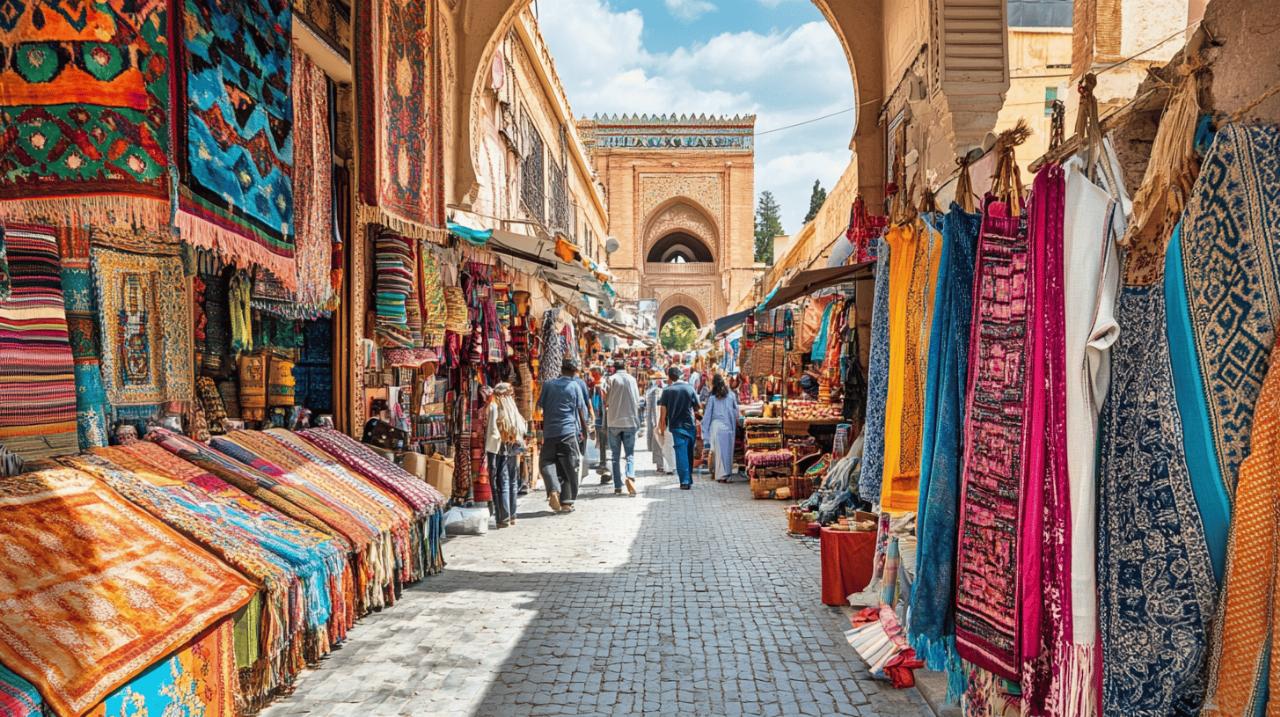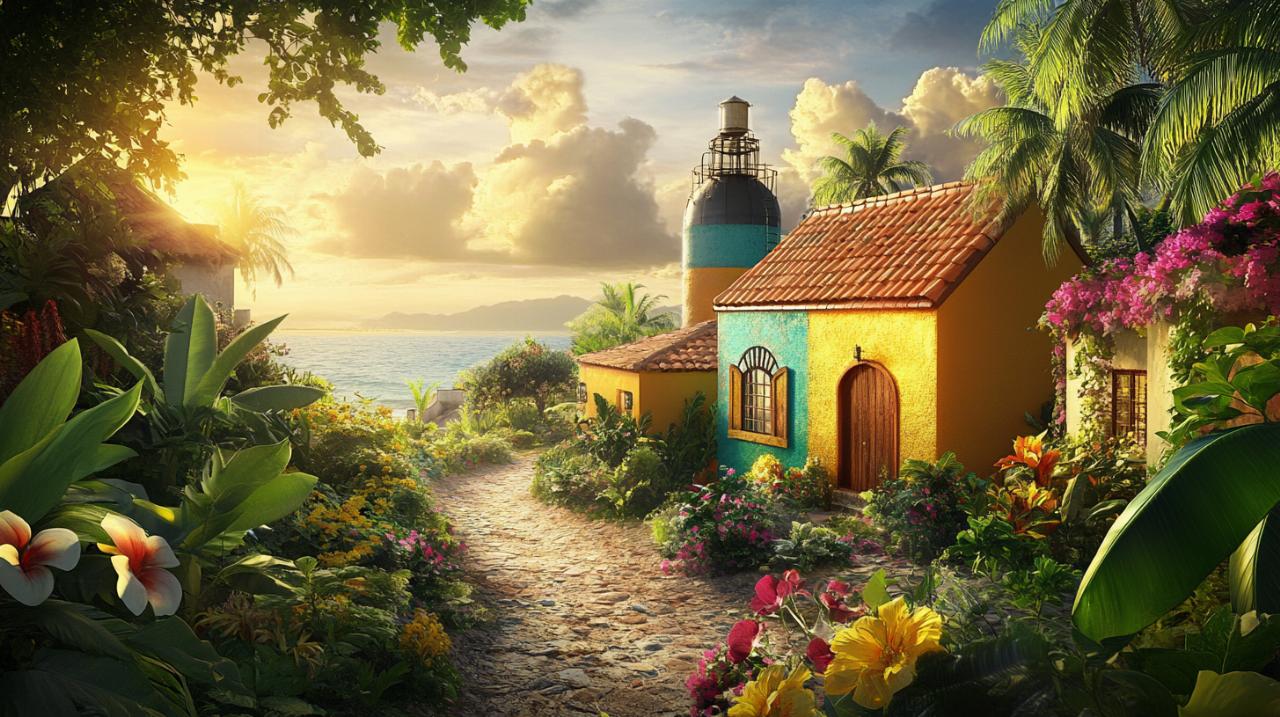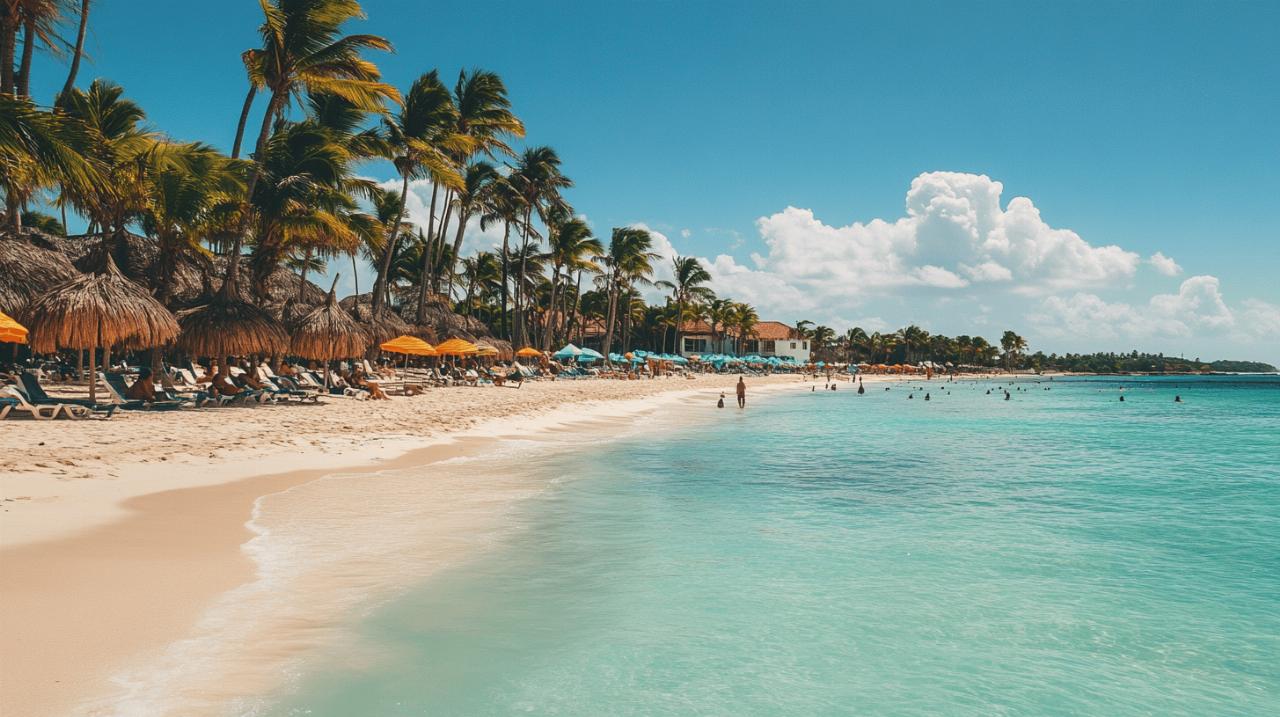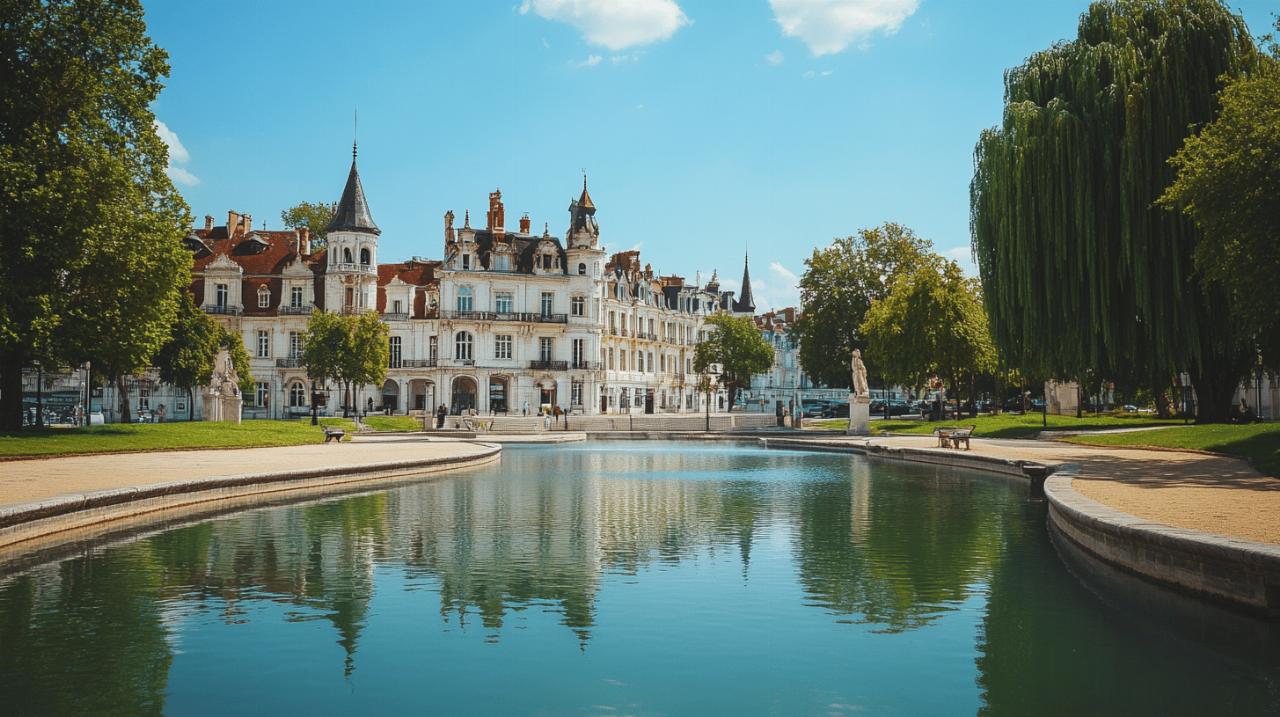Cape Verde, an archipelago nestled off the west coast of Africa, has steadily emerged as a cherished gem for families seeking a holiday that seamlessly blends sunshine, pristine beaches, and an enriching cultural tapestry. For parents eager to introduce their children to the rhythms and melodies of a vibrant heritage, this collection of islands offers an unparalleled opportunity. The enchanting soundscapes of morna and coladeira, alongside the spirited movements of batuku and funaná, provide a living classroom where young ones can immerse themselves in traditions that have shaped Cape Verdean identity for centuries. Beyond the turquoise waters and golden sands, families discover a destination where cultural exploration becomes an adventure, and every encounter with local customs deepens the connection between generations.
Discovering cape verde's enchanting islands: a family adventure awaits
Cape Verde is a mosaic of ten principal islands, each presenting its own distinct character and charm, making the archipelago a playground of discovery for families. The islands are often divided into two groups, the Barlavento in the north and the Sotavento in the south, and within these clusters lie destinations that cater to every family preference. Sal and Boa Vista stand out as favourites for those who prioritise easy access to beaches and a relaxed pace, while Santiago and São Vicente offer a deeper dive into the cultural heartbeat of the nation. The beauty of Cape Verde lies in its versatility, allowing families to tailor their journey according to the ages and interests of their children, ensuring that every member of the family finds something to cherish.
Sal and Boa Vista: Beach Bliss and Watersports Galore for the Whole Family
Sal, with its compact size and lively atmosphere, is often the first port of call for families embarking on their Cape Verdean adventure. The island's crown jewel, Santa Maria, is celebrated for its beautiful beaches where soft sand meets calm, crystalline waters. Here, children can spend hours building elaborate sandcastles, paddling in the shallows, or simply marvelling at the horizon where the Atlantic stretches endlessly. The beach culture in Sal is welcoming and unpretentious, embodying the local mantra of NoStress, which encourages visitors to unwind and embrace a slower, more joyful pace of life. The proximity of amenities in Sal means that families can easily access cafes, shops, and entertainment without lengthy travel, making it an ideal choice for those with younger children who may require frequent breaks and conveniences.
Boa Vista, in contrast, offers a more expansive and tranquil experience. As the third largest island in the archipelago, it boasts miles upon miles of sandy shores that seem to stretch into infinity. Families seeking a quieter retreat, where the sounds of the ocean dominate and the crowds are sparse, will find Boa Vista utterly captivating. The island is more resort-focused, with many accommodations offering comprehensive facilities designed to keep children entertained and parents relaxed. Both islands excel in providing opportunities for watersports, from gentle snorkelling sessions where children can peer at colourful marine life to more adventurous pursuits such as windsurfing for older and braver youngsters. Turtle watching is another highlight, particularly in the nesting season, when families can witness these magnificent creatures laying their eggs under the moonlight, creating memories that will last a lifetime.
Santiago and São Vicente: Cultural Richness and Musical Heritage for Young Explorers
For families eager to introduce their children to the soul of Cape Verde, Santiago and São Vicente present a wealth of cultural treasures. Santiago, the largest island in the archipelago, holds a significant place in Cape Verde's history. It was here that Portuguese explorers established Ribeira Grande, now known as Cidade Velha, in 1462, making it the first European settlement in the tropics. This UNESCO World Heritage site is a living museum, where the remnants of fortifications, churches, and market squares tell the story of a complex past marked by the transatlantic slave trade and Portuguese colonisation. Walking through Cidade Velha with children offers a tangible connection to history, allowing young minds to engage with narratives of resilience and transformation. Santiago is also home to the bustling capital, Praia, where markets overflow with vibrant textiles, traditional crafts, and the warm hospitality known as Morabeza, a term that encapsulates the kindness and generosity of the Cape Verdean people.
São Vicente, and particularly its cultural hub of Mindelo, is synonymous with music and artistic expression. The island pulses with creativity, and the streets of Mindelo are often filled with the sounds of live performances. This is the birthplace of the legendary Cesária Évora, whose voice carried the melancholic beauty of morna to the world stage. For families, visiting Mindelo during one of the island's many music festivals, such as the Kriol Jazz Festival in April or the Baía das Gatas Festival in August, offers an immersive experience where children can witness the power of music to unite communities and celebrate identity. These festivals are not merely spectacles for tourists; they are genuine expressions of Cape Verdean culture, where locals gather to dance, sing, and honour their heritage. Exposing children to such events fosters an appreciation for diversity and the universal language of music, making São Vicente an essential stop for families committed to enriching their holiday with cultural depth.
Traditional Music and Dance: Engaging Children in Cape Verdean Culture
Music is the lifeblood of Cape Verde, woven into the fabric of daily life and celebrated with a passion that is both infectious and profound. For families, engaging children in the traditional music and dance of the islands is not only entertaining but also educational, offering insights into the African and Portuguese influences that have shaped the nation. The rhythms and melodies of Cape Verde are diverse, reflecting the archipelago's complex history and the creative spirit of its people. From the soulful lamentations of morna to the exuberant energy of funaná, these musical forms provide a gateway for young ones to connect with a culture that values expression, community, and joy.
Morna and Coladeira: Introducing Kids to the Soulful Sounds of Cape Verde
Morna, often described as the soul of Cape Verde, is a genre characterised by its slow, melancholic melodies and poetic lyrics that speak of longing, love, and the bittersweet nature of life. For children, the initial experience of morna may seem subdued, especially in contrast to the more upbeat music they might be accustomed to, yet therein lies its beauty. The genre invites listeners to pause, to reflect, and to feel deeply. Introducing children to morna can be a gentle lesson in emotional literacy, teaching them that music can express a wide range of feelings, not just exuberance. Listening to Cesária Évora's iconic recordings, such as her renditions of Sodade, allows children to appreciate the power of the human voice and the stories it can convey. Many resorts and cultural centres in Cape Verde offer live performances where families can experience morna in its authentic setting, often accompanied by traditional instruments like the cavaquinho and the guitar, creating an atmosphere that is both intimate and moving.
Coladeira, on the other hand, offers a more lively and rhythmic experience, making it an excellent entry point for children who may be eager to move and participate. This genre evolved from morna, incorporating faster tempos and a danceable beat that reflects the influence of Latin American music. Coladeira is frequently performed at social gatherings, festivals, and street parties, where the infectious rhythms compel both young and old to join in the celebration. For families, attending a local event where coladeira is played provides an opportunity for children to observe and even participate in communal dancing, fostering a sense of connection and belonging. The lyrics of coladeira often touch on themes of everyday life, love, and social commentary, presented in a manner that is accessible and engaging. By introducing children to both morna and coladeira, families help their young ones appreciate the spectrum of Cape Verdean musical expression, from the contemplative to the celebratory.
Batuku and Funaná: Interactive Dance Experiences for Young Ones
Batuku and funaná represent the more percussive and physically engaging side of Cape Verdean culture, offering children a chance to experience music as a full-body activity. Batuku is a traditional form of music and dance that originated as a means of resistance and expression among enslaved communities. Performed predominantly by women, batuku involves rhythmic drumming on a cloth-wrapped pillow or a plastic bag, creating a hypnotic beat that accompanies powerful vocal calls and responses. The dance itself is vigorous and communal, with participants forming a circle and taking turns to move to the centre, their movements reflecting the pulse of the drums. For children, witnessing or participating in a batuku session is a thrilling experience, as the energy is palpable and the sense of collective rhythm is deeply engaging. Many cultural workshops and festivals in Santiago offer interactive batuku experiences, where families are invited to try their hand at drumming or to join in the dance, creating memories that are both joyful and culturally significant.
Funaná, once suppressed during the colonial period due to its association with resistance, has now reclaimed its place as a beloved and widely celebrated genre. It is characterised by its fast accordion melodies and the distinctive sound of the ferrinho, a metal rod scraped with a knife to produce a rhythmic accompaniment. Funaná is irresistibly danceable, and its lively tempo and infectious energy make it a favourite at parties and celebrations across the islands. For families, attending a funaná performance or a street festa is an opportunity for children to see music as a living, breathing force that brings people together in spontaneous joy. The dance associated with funaná involves quick footwork and hip movements, and children often find themselves naturally drawn to mimic the dancers, learning through observation and play. These interactive experiences with batuku and funaná not only entertain but also educate, showing children that music and dance are integral to cultural identity and community cohesion in Cape Verde.
Family-Friendly Activities Beyond the Beach: Adventures for All Ages
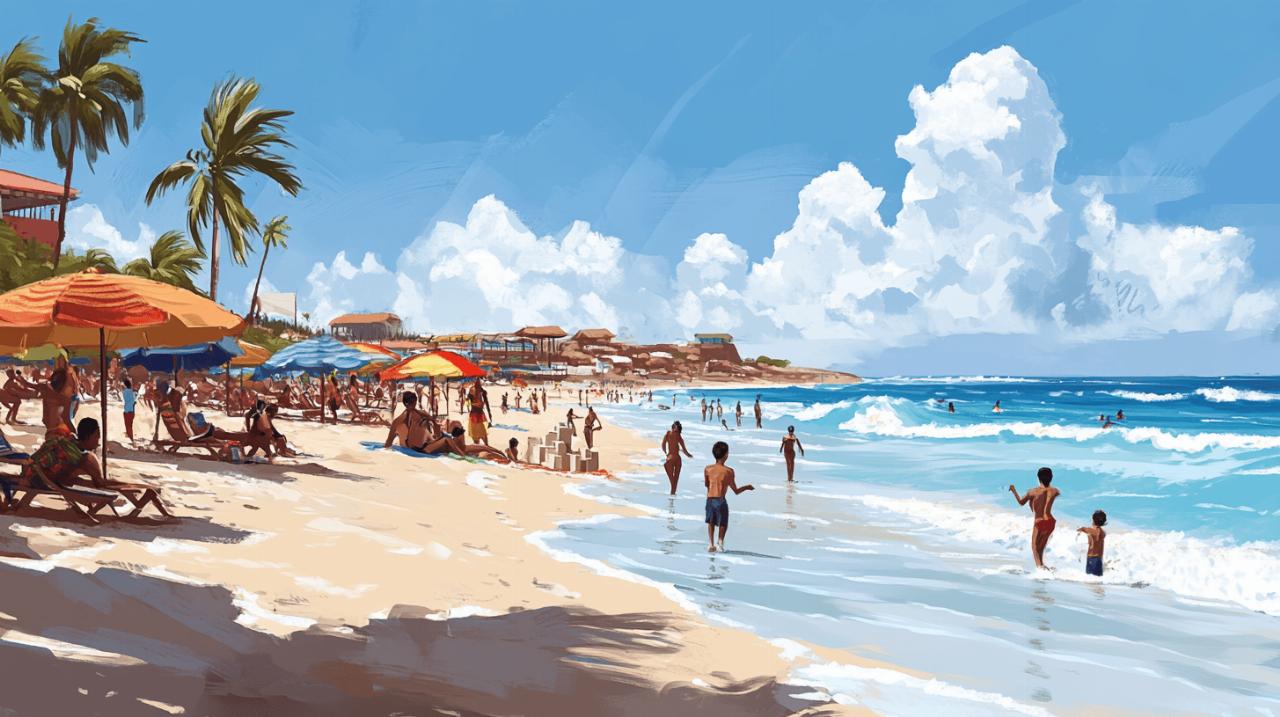 While the beaches of Cape Verde are undeniably a major draw, the islands offer a wealth of activities that extend far beyond the shoreline, ensuring that families with children of all ages and interests find ample opportunities for adventure and exploration. From marine excursions that reveal the wonders of the Atlantic Ocean to organised entertainment designed to keep little ones happily occupied, Cape Verde caters to the diverse needs of modern families. The combination of natural beauty, cultural richness, and thoughtful infrastructure makes the archipelago a destination where every day can bring a new discovery, whether it be a close encounter with sea turtles or a thrilling ride across the dunes.
While the beaches of Cape Verde are undeniably a major draw, the islands offer a wealth of activities that extend far beyond the shoreline, ensuring that families with children of all ages and interests find ample opportunities for adventure and exploration. From marine excursions that reveal the wonders of the Atlantic Ocean to organised entertainment designed to keep little ones happily occupied, Cape Verde caters to the diverse needs of modern families. The combination of natural beauty, cultural richness, and thoughtful infrastructure makes the archipelago a destination where every day can bring a new discovery, whether it be a close encounter with sea turtles or a thrilling ride across the dunes.
Snorkelling, Windsurfing, and Water Play: Thrilling Experiences for Active Families
The waters surrounding Cape Verde are a veritable playground for families who love the ocean. Snorkelling is an activity that can be enjoyed by children as young as five or six, provided they are comfortable in the water and supervised by adults. The shallow, warm waters near the beaches of Sal and Boa Vista are ideal for first-time snorkellers, offering glimpses of colourful fish darting among the rocks and coral. Many family-friendly resorts provide snorkelling equipment as part of their amenities, and guided excursions are available for those who wish to venture further afield to explore more diverse marine ecosystems. These underwater adventures are not only exciting but also educational, sparking curiosity in children about marine biology and the importance of ocean conservation. Parents often find that snorkelling serves as a gateway activity, inspiring a lifelong love of the sea and an appreciation for the delicate balance of marine life.
For families with older children or teenagers, windsurfing offers a more adrenaline-fuelled experience. Sal, in particular, is renowned as one of the premier windsurfing destinations in the world, thanks to its consistent trade winds and excellent conditions. Beginners can take lessons at one of the many schools dotted along the coast, where experienced instructors provide tailored guidance to help young learners master the basics of balancing on the board and harnessing the wind. The sense of achievement that comes from successfully gliding across the water is immense, and for many youngsters, it becomes a highlight of the holiday. Beyond these organised activities, the simple joy of water play should not be underestimated. Building sandcastles, splashing in the waves, and collecting shells are timeless pleasures that require no special equipment or expertise, yet they form the foundation of cherished family memories. The beaches of Cape Verde, with their soft sand and gentle surf, are perfectly suited to these unstructured moments of play, allowing children to connect with nature in an unmediated and joyful way.
Kids' clubs and organised entertainment: keeping little ones happily occupied
For parents seeking a balance between relaxation and engagement, the availability of kids' clubs and organised entertainment at many Cape Verdean resorts is a godsend. These facilities are designed to provide a safe, stimulating environment where children can socialise, learn, and play under the supervision of trained staff. The best kids' clubs offer a diverse programme of activities, ranging from arts and crafts to sports and games, ensuring that there is always something to capture the interest of young guests. The RIU Palace Santa Maria, for example, is noted for its comprehensive family amenities, including multiple swimming pools with dedicated children's areas, playgrounds, and structured daily activities that cater to different age groups. Such resorts allow parents to enjoy some much-needed downtime, knowing that their children are engaged in enriching and enjoyable pursuits.
Beyond the confines of the resort, Cape Verde offers a variety of organised excursions that are tailored to families. Boat trips are particularly popular, offering opportunities to spot dolphins and whales, explore secluded coves, and even visit nearby islets. Quad biking is another thrilling option, especially on Boa Vista, where families can traverse the island's dramatic landscapes, from sandy deserts to rocky outcrops, under the guidance of experienced tour operators. These excursions often include stops at cultural sites or local villages, providing children with a broader context for their holiday and a chance to interact with Cape Verdeans in their everyday environments. The emphasis on organised, safe activities reflects the islands' commitment to being a family-friendly destination, where the well-being and enjoyment of children are paramount. By offering such a wide range of options, Cape Verde ensures that families can craft a holiday that is as active or as relaxed as they desire, with the flexibility to adapt plans to suit the moods and interests of their young ones.
Planning Your Cape Verde Family Holiday: Practical Tips and Value for Money
Embarking on a family holiday to Cape Verde requires thoughtful planning to ensure that the experience is both enjoyable and stress-free. From selecting the right island and accommodation to understanding the practicalities of travel documentation and health precautions, families benefit from a clear roadmap that addresses the unique needs of travelling with children. Fortunately, Cape Verde is a destination that rewards preparation, offering excellent value for money and a reputation for safety and hospitality that puts parents' minds at ease. With direct flights from the United Kingdom to Sal and Boa Vista typically lasting around six hours, the journey is manageable even for families with young children, and the minimal time difference means that jet lag is rarely an issue.
Choosing the Right Island and Accommodation for Your Family's Needs
The choice of island is one of the most significant decisions families will make when planning their Cape Verde holiday, as it fundamentally shapes the nature of the experience. Sal is often recommended for first-time visitors, particularly those with younger children, due to its compact size and the proximity of amenities. The island's infrastructure is well-developed, with a range of restaurants, cafes, and shops within easy reach of the main beach resorts, making it convenient for families who may need to make frequent stops for nappies, snacks, or other essentials. Boa Vista, while offering more space and a sense of seclusion, requires a greater commitment to resort-based living, as attractions and services are more spread out. For families who value tranquillity and are content to spend the majority of their time within the confines of a well-appointed resort, Boa Vista is an excellent choice. Conversely, for those who wish to explore and engage with local culture more actively, Santiago or São Vicente provide richer opportunities for cultural immersion, though they may require more logistical planning, particularly when it comes to transportation and accommodation options.
Accommodation choices in Cape Verde range from all-inclusive resorts to self-catering apartments and villas, each offering distinct advantages. All-inclusive resorts, such as the Dunas Resort, Llana Resort, Tortuga Resort, and Laguna Resort, are particularly appealing to families with picky eaters, as they offer a variety of dining options and child-friendly menus that cater to a range of tastes. These resorts typically feature family rooms with ample space, baby changing facilities, and amenities such as cots and high chairs, ensuring that the needs of younger children are well catered for. The inclusion of kids' clubs, multiple swimming pools, and playgrounds further enhances their appeal, providing a one-stop solution for family entertainment. For families seeking greater flexibility and a more authentic experience, renting a house or apartment through platforms such as Airbnb or Booking.com can be a rewarding option. Self-catering accommodation allows families to prepare their own meals, which can be both cost-effective and reassuring for parents of children with specific dietary needs. It also offers the opportunity to shop at local markets, where vibrant displays of fresh produce and traditional crafts provide a window into everyday Cape Verdean life.
Getting the best value: affordable family breaks without compromising quality
Cape Verde has earned a reputation for offering a cracking rapport qualité prix, a term that neatly sums up the island's ability to deliver high-quality holiday experiences without exorbitant costs. For families, this is particularly important, as the expenses associated with travelling with children can quickly add up. The all-inclusive model, popular at many Cape Verdean resorts, provides excellent value by bundling accommodation, meals, and activities into a single upfront cost, allowing families to budget with confidence and avoid the constant worry of unexpected expenses. Promotional offers, such as the 15 per cent discount available with the promo code LAGOON15, along with free airport transfers and discounts on upgrades like Club Lagoon VIP, which grants access to 26 restaurants and 28 bars, further enhance the affordability of a Cape Verde holiday. Such packages make it possible for families to enjoy a premium experience without breaking the bank, ensuring that the focus remains on relaxation and enjoyment rather than financial stress.
Practical considerations, such as pre-registration and fees, should also be factored into the budget. European citizens, including those from the United Kingdom, do not require a visa for stays of up to 30 days, but they must complete a Traveller Entry Form online and pay a TSA fee of approximately 31 euros per person. Additionally, a tourist tax of 2.50 euros per person per night, capped at 25 euros, applies to travellers aged 16 and above. While these fees are modest, being aware of them in advance helps families avoid surprises upon arrival. Travel insurance is strongly recommended, as the European Health Insurance Card and its successors are not applicable in Cape Verde. Comprehensive coverage that includes medical emergencies, trip cancellations, and lost luggage provides peace of mind, particularly for families travelling with young children. Health precautions, including vaccinations for Hepatitis A, Tetanus, and Typhoid, should be discussed with a GP at least eight weeks prior to departure. Although no vaccinations are mandatory for entry, these preventative measures protect families from common travel-related illnesses and ensure that the holiday proceeds smoothly.
Families travelling solo with a child should be aware of the requirement to carry a Child Travel Consent Letter and a copy of the child's birth certificate, particularly if the child is not accompanied by both parents. This documentation is necessary to comply with Cape Verdean immigration regulations and to avoid any complications at the border. Packing wisely is another key to a successful trip, and families are advised to bring high SPF sunscreen, preferably 50 or above, along with hats and sunglasses for all family members. The Cape Verdean sun is intense, and limiting sun exposure between 11am and 3pm is crucial to prevent sunburn and heatstroke. A well-stocked family first-aid kit, including remedies for common ailments such as insect bites, minor cuts, and upset stomachs, is also essential. Being prepared for these practical aspects of travel allows families to focus on the joy of discovery and the creation of lasting memories, secure in the knowledge that they have taken all reasonable steps to ensure a safe and enjoyable holiday.

